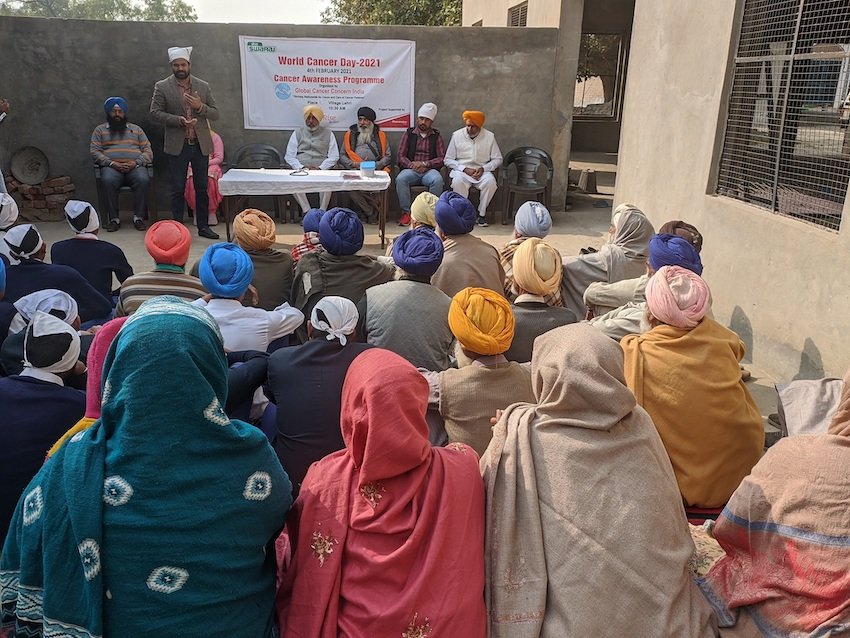Mahindra Group's Cancer Care Project impacts 95,0000 beneficiaries in Punjab since inception
February 05, 2021 | Friday | News
The project having been initiated considering the notable health challenges related to cancer Swaraj Tractors along with its NGO partner Global Cancer Concern, India has conducted over 1000 OPDs in Punjab till now. Under this project as many as 407 terminally ill patients, have received palliative care, with 172 cancer patients currently registered for this service. Cancer awareness camps, cancer screening camps and primary health OPDs are the three components of this project in addition to providing palliative care
Swaraj Tractors, a part of the $ 19.4 billion Mahindra Group has reached out to over 95,0000 beneficiaries in Punjab since it began its Mahindra Mobile Primary Health & Cancer Care Project nearly six years ago. This project serves 157 villages across three districts of Punjab -Bathinda, Patiala and SAS Nagar enabling urgent action through early-stage cancer detection, screening and diagnosis to improve a cancer patients’ chances of survival.
The project having been initiated considering the notable health challenges related to cancer Swaraj Tractors along with its NGO partner Global Cancer Concern, India has conducted over 1000 OPDs in Punjab till now. Under this project as many as 407 terminally ill patients, have received palliative care, with 172 cancer patients currently registered for this service. Cancer awareness camps, cancer screening camps and primary health OPDs are the three components of this project in addition to providing palliative care. Three well equipped mobile OPD vans have also been commissioned under this project.
Speaking on World Cancer Day, Harish Chavan, CEO, Swaraj Division, said, “Cancer Care Project by Swaraj is a unique initiative that has touched the lives of thousands by creating awareness about the deadly disease and aiding early detection of cancer.”
The project in its first phase through the preventive and curative treatment had helped beneficiaries in raising awareness about cancer a disease, its causes and symptoms and reaching out to terminally ill patients through palliative care.









